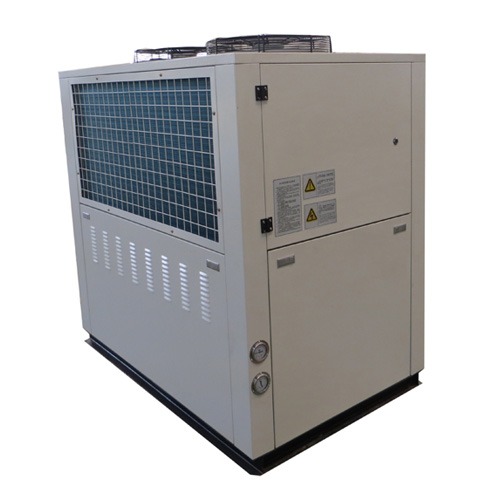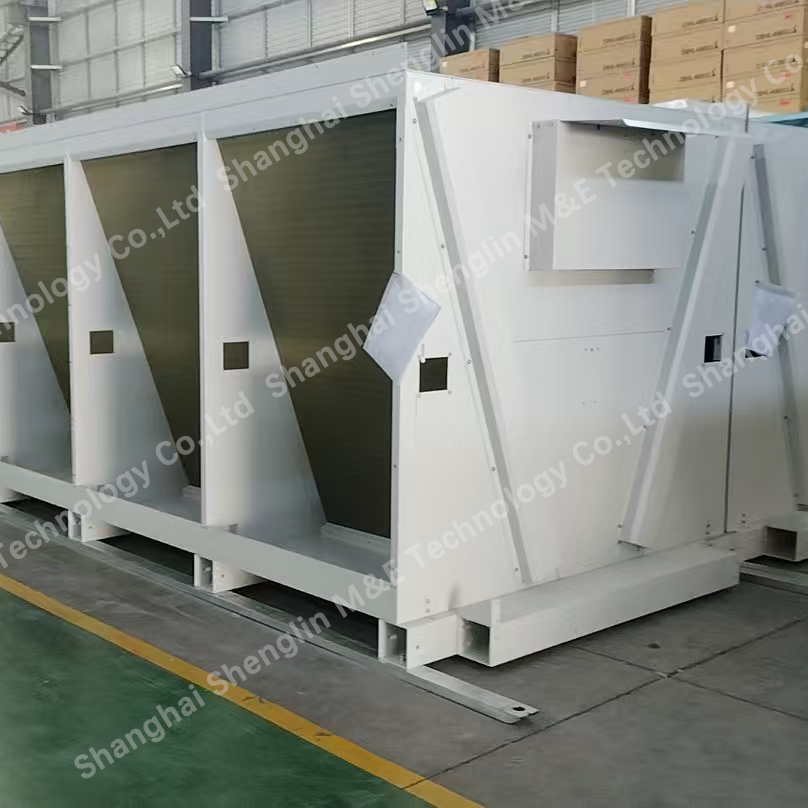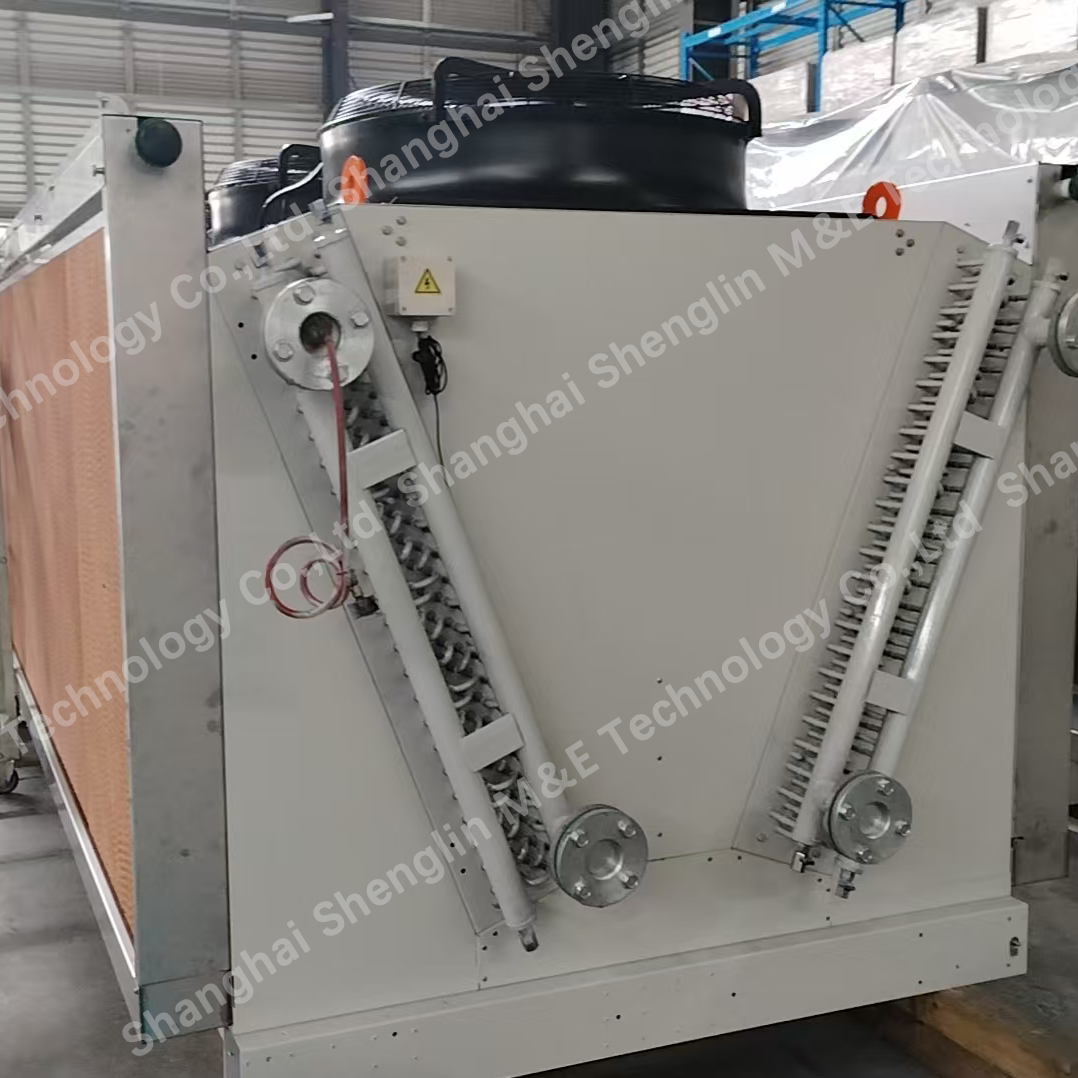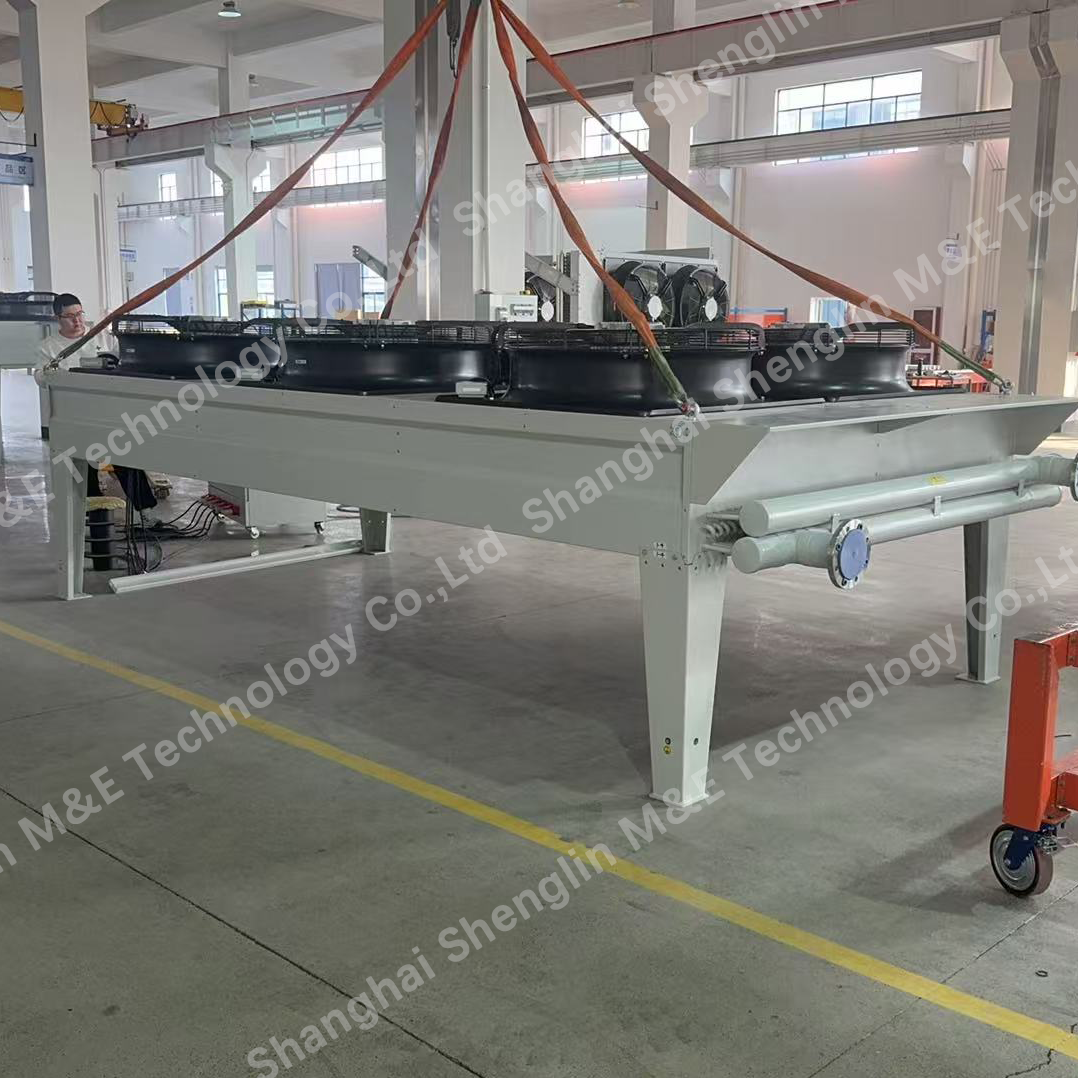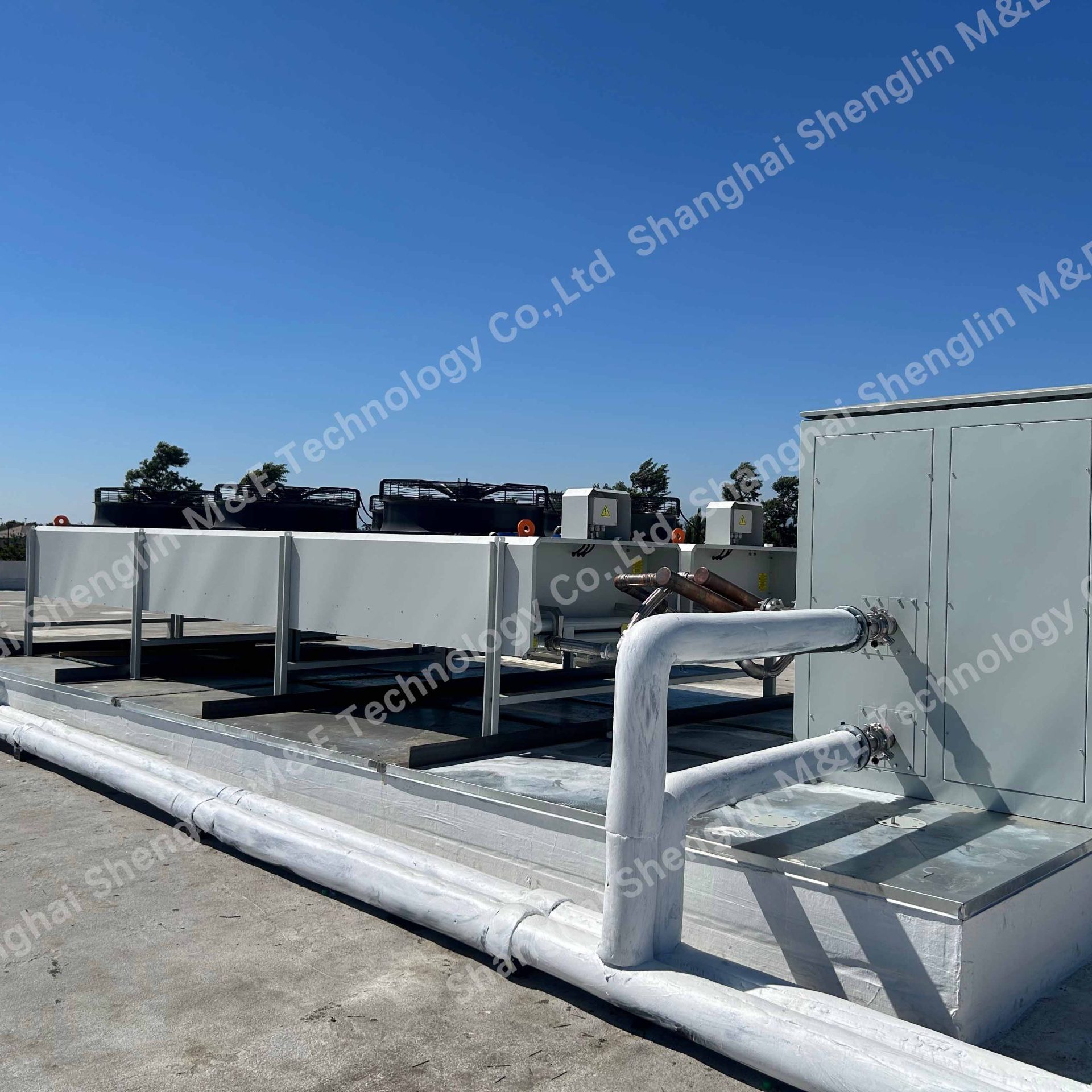Dry Cooling: A Comprehensive Guide to Technology, Applications, and BenefitsDry cooling systems offer an efficient and environmentally friendly alternative to traditional wet cooling towers. This article explores the various aspects of dry cooling, including its underlying principles, different types, applications, advantages, and disadvantages. We will delve into the key considerations for selecting the right dry cooling system for your specific needs and provide insights into the future trends of this crucial technology.
Understanding Dry Cooling Technology
What is Dry Cooling?
Dry cooling is a method of heat rejection that utilizes air as the primary cooling medium. Unlike wet cooling towers that rely on water evaporation, dry cooling systems transfer heat directly from a heat source (such as a power plant condenser) to the ambient air through heat exchangers. This process eliminates water consumption and significantly reduces the environmental impact associated with water evaporation and plume formation. Shanghai SHENGLIN M&E Technology Co.,Ltd (https://www.ShenglinCoolers.com/) is a leading provider of advanced dry cooling solutions.
Types of Dry Cooling Systems
There are several types of dry cooling systems, each with its own characteristics and applications: Air-cooled condensers (ACCs): These are the most common type, directly integrating the heat exchanger into the power plant’s condenser. Indirect dry cooling systems: These utilize a separate heat exchanger and fan system to cool the water before returning it to the process. Hybrid dry/wet cooling systems: These systems combine the benefits of both dry and wet cooling, offering flexibility and efficiency optimization.
Applications of Dry Cooling
Dry cooling finds extensive applications across various industries: Power generation: It is commonly used in power plants, particularly in regions with limited water resources or strict environmental regulations. Industrial processes: Many industrial processes generate significant waste heat that can be effectively managed using dry cooling systems. Examples include chemical plants, refineries, and steel mills. Data centers: As data centers continue to grow in size and energy consumption, dry cooling is becoming increasingly important for efficient heat dissipation.

Advantages and Disadvantages of Dry Cooling
| Advantage |
Disadvantage |
| Water conservation |
Higher capital costs compared to wet cooling |
| Reduced environmental impact |
Lower efficiency at high ambient temperatures |
| Elimination of water treatment needs |
Larger land footprint requirement |
| Reduced risk of legionella and other waterborne diseases |
Higher operating costs due to increased fan power consumption |
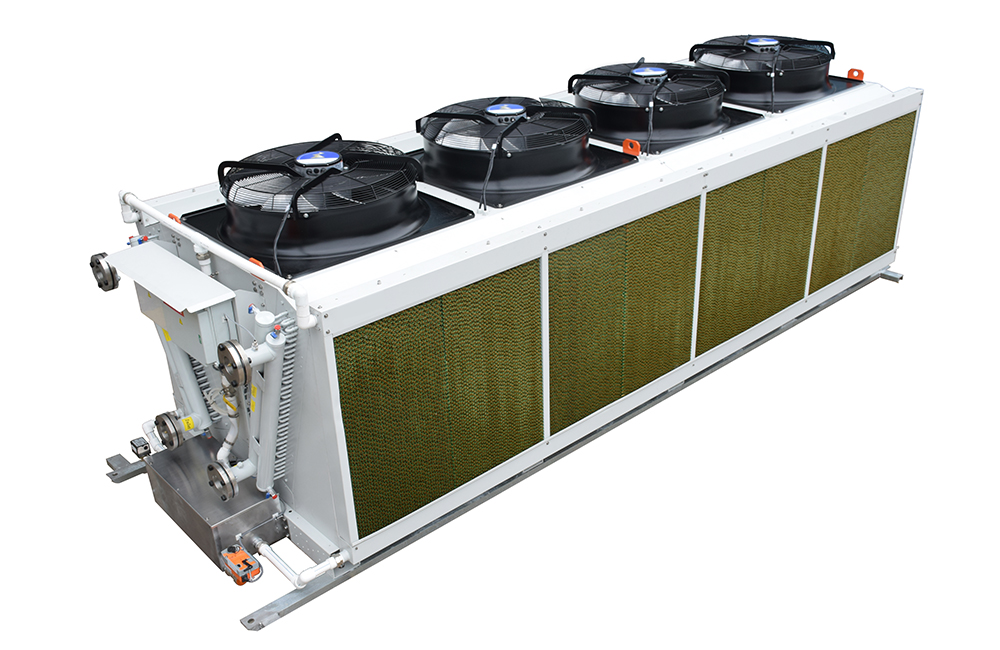
Selecting the Right Dry Cooling System
Choosing the appropriate dry cooling system requires careful consideration of various factors, including: Climate conditions: Ambient air temperature, humidity, and wind speed significantly influence system performance. Heat load: The amount of heat that needs to be rejected dictates the size and capacity of the system. Available land area: Dry cooling systems generally require a larger footprint than wet cooling towers. Budget: Capital and operating costs should be carefully evaluated.
Future Trends in Dry Cooling
Ongoing research and development are focused on improving the efficiency and reducing the cost of dry cooling systems. Innovations include advanced heat exchanger designs, optimized fan technologies, and the integration of renewable energy sources. The increasing demand for sustainable and water-efficient cooling solutions will drive further advancements in dry cooling technology.
For more information on dry cooling solutions and expert guidance, contact Shanghai SHENGLIN M&E Technology Co.,Ltd (https://www.ShenglinCoolers.com/).











